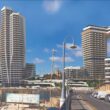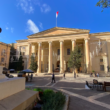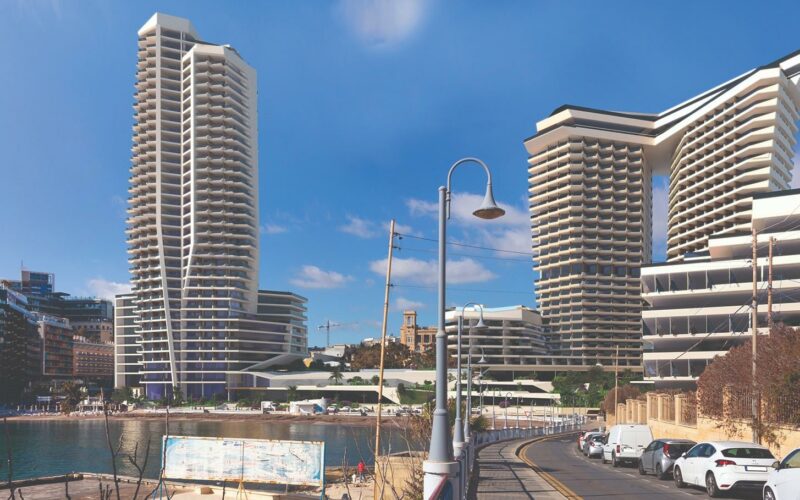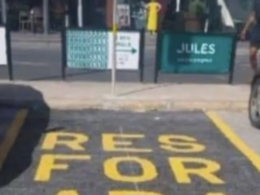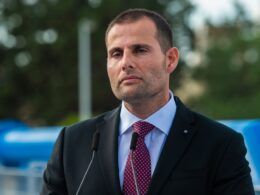The controversial Villa Rosa project has ignited public outrage and political manoeuvring. Many see this proposed mega-development as a stark symbol of what’s gone wrong with Malta’s planning system, where environmental concerns and community well-being often seem to come second to the interests of big business. But how did we get here? And why is the Villa Rosa proposal such a flashpoint for public discontent?
Abela’s Quiet Endorsement of the Villa Rosa Plan
Prime Minister Robert Abela’s administration has come under scrutiny after reports emerged suggesting that his cabinet quietly pushed forward with local plans that would approve massive developments like Villa Rosa. Despite Malta’s already crowded urban landscape, the PM appears to be clearing the way for further high-rise projects, sparking fears that short-term economic gains are being prioritised over the long-term environmental health of the country.
The Villa Rosa project, in particular, has drawn the ire of environmentalists and local residents, who argue that this development—set to transform a stretch of coastline with towering buildings—will forever alter the natural and cultural landscape of the island.
Opposition Leader’s Reluctance to Challenge Big Business
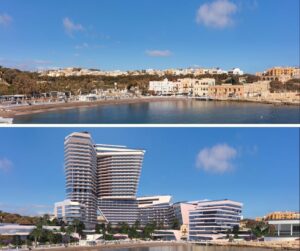
Yet, it isn’t just Abela who finds himself in a tough spot. Bernard Grech, leader of the opposition Nationalist Party, has also been accused of not taking a firm stance against big business interests. Many believe that both political leaders are too deeply entwined with the same contractors and developers responsible for Malta’s increasingly concrete-heavy skyline. Grech’s evasiveness on the matter, as highlighted in interviews, suggests that he too fears alienating powerful financial backers.
With neither political leader showing the resolve to challenge the developers, there is growing scepticism that either side has the strength to defend Malta’s environment from the onslaught of mega-construction projects. As one frustrated resident put it on social media, “Our infrastructure is overstrained. We cannot cope with this scale of expansion but we go on regardless.”
A Glimmer of Hope?
While the political leadership appears paralysed by business interests, there are some public figures who are willing to speak out. Former minister Evarist Bartolo and firebrand figure Jason Micallef have not shied away from criticising the close ties between political parties and Malta’s wealthiest developers. Bartolo’s recent remarks about political parties being “in the pockets of the wealthy” underscore the growing disconnect between Malta’s political class and the public’s concerns about environmental degradation.
Micallef’s blunt approach has been a rare ray of hope for those who want to see a more honest conversation about Malta’s future. His ability to “call a spade a spade” contrasts sharply with the silence or evasiveness of many other high-profile figures.
Malta’s citizens have not been silent about the Villa Rosa project. Social media has been awash with comments that highlight the anger and frustration many feel. A sense of loss permeates these posts, as many lament what they see as the destruction of their island’s unique charm and environment. Some have been scathing, with one user commenting, “This island has lost its charm, the citizens have lost their land, heritage, and airspace. Malta has turned into one giant cosmopolitan concrete jungle!”
If you are concerned about the future of Malta’s environment or the direction of development in your community, now is the time to act. Share this article on social media, talk to your friends and family, and make your voice heard. Together, we can hold our leaders accountable and push for development that respects both Malta’s heritage and its future.

